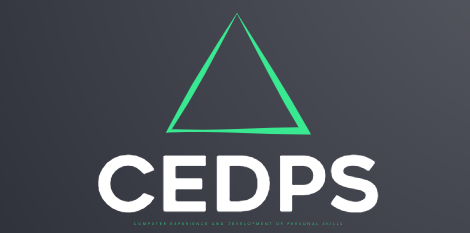The world is changing, certain skills are now pretty much essential in all walks of life and yet many don’t have the access to develop these skills. Arguably the most important skills are those regarding computers and personal development. Both are pretty much essential and unfortunately often neglected by public school systems throughout the world. Of course most educational systems make some attempt at both these areas, however they’re rarely up to date and properly funded.
Computer training in the United kingdom for children is years out of date. There is still an emphasis on basic computer office skills which although of some use rarely reflect the real requirements of the modern business world. Learning to use a word processor, spreadsheet and desk top publishing software is useful, but for the majority of children that’s where it stops. The low level technology skills are a start but today’s world need much more.
It seems a long time ago when UK schools were close to a cutting edge with the introduction of the BBC Microcomputer into classrooms across the country.
The Micro wasn’t cheap: prices started at £235 (£700 at current prices) and £335 (£1,000 at current prices) for the Model B, which became the iconic version. Prices rose slightly (to £299 and £399 – not that much more than a computer would cost today).
The specifications, by today’s standards, were minuscule: a processor running at two megahertz, more than a thousand times slower than a typical CPU today, and 32 kilobytes of Ram. You had to plug it into a TV set as there was no monitor output. There was no hard drive; programs were stored on cassette tape, from which they could be played back or on to which they could be recorded. (Program names were also limited to a maximum of 10 characters.) Any of the 163,000 points, or pixels, on the screen could display eight colours, or flash in eight combinations of two colours. Today, screens offer millions of available colours and millions of pixels.
This happened nearly forty years ago during the 1980s and had a profound effect on the life chances and skills of a generation of children. I like to think I was among them and as children we grew up with these and other microcomputers.
The important factor for our computer education was that these devices were nowhere near as user friendly as today’s computers and gadgets. The BBC Micro was little more than a plastic case unless you learnt how to use the included programming language. This was known as BBC BASIC and it was specifically simplified to encourage even young children to learn it. A huge number of children learn to program computers at an early age simply down to the BBC Micro computer.
What’s more when you learnt to program, you started to understand how the computer actually worked. Once you’ve learnt the basics of computer programming there are lots of different career paths to follow. So many academic and professional roles require much more advanced computer skills than those taught today in our schools (at least UK ones).
One lesson they’d be building a computer, then setting up a network or analysing how you use a VPN to fool geo-targeting blocks to watch the BBC in the US – here’s the example.
This needs to change, all students need access to a decent level of education with regards technology. This does mean that our public funded schools need to do more to fill this gap just like the private schools have identified. Otherwise we’ll be filling the upper echelons of our society with the privileged few who have access to this knowledge.


Recent Comments